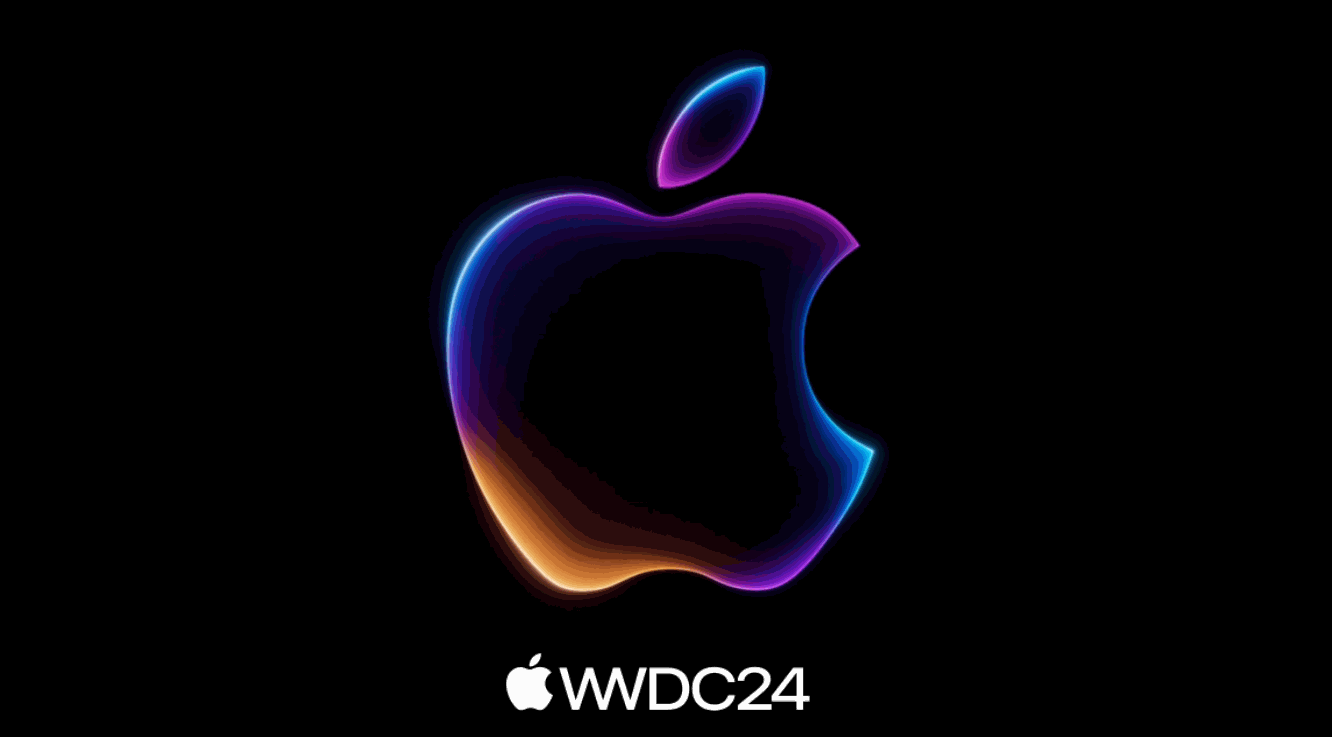
Photo/Apple Website
On Monday, June 10th, Eastern Time, Apple's Worldwide Developers Conference (WWDC) commenced, marking what analysts consider to be one of the most significant events for Apple in over a decade. The focus of this year's WWDC is artificial intelligence (AI), a strategic area where Apple has been seeking to establish its presence. Investors and customers are eagerly anticipating the new features Apple will introduce to tackle the intense competition in the AI field.
At the onset of WWDC, Apple CEO Tim Cook took the stage, stating in a pre-recorded video that the event would be thrilling and unforgettable, with the announcement of "profound new intelligent capabilities."
Apple's executives then introduced a new operating system (OS) designed to support a range of hardware from smartphones like the iPhone, iPads, and Mac computers, to smartwatches like the Apple Watch and the mixed reality headset Vision Pro. Testing for these new OS versions is set to begin in July, with a full launch expected in the fall.
The much-anticipated Apple Intelligence, Apple's new AI system, was also unveiled. It will be integrated into the new OS for iPhone, iPad, and Mac. An upgraded version of the virtual assistant Siri, powered by AI, was also revealed.
Furthermore, Apple announced that Vision Pro will go on sale in multiple countries starting from the end of this month, with a starting price in mainland China approaching 30,000 yuan.
Mike Rockwell, Apple's Vice President of Technical Development and Vision Products, announced an update to the Vision Pro's operating system, introducing the second-generation system VisionOS 2, four months after the launch of Vision Pro. Rockwell highlighted that Vision Pro already supports over 2,000 applications and is compatible with 1.5 million iPhone and iPad apps.
Apple Intelligence is defined as a personal intelligence system for iPhone, iPad, and Mac, leveraging the capabilities of Apple's chips to understand and create language and images, as well as to take actions across applications.
Currently, Apple Intelligence is free to use and will initially be available in U.S. English, with a beta version launching in the fall. It is device-limited, with only iPhone 15 Pro and iPhone 15 Pro Max supported for iPhone devices. However, any device with an M1 chip or later should be able to run it on iPads and Macs.
Apple has stated that it will roll out updates to the features announced and support more languages and devices over the next year.
In terms of specific AI capabilities, the system-wide writing tool integrated into iOS 18, iPadOS 18, and macOS Sequoia will allow users to rewrite, proofread, and summarize text across all scenarios. This includes one-click grammar checking, adjusting tone and phrasing, and checking for typos. In the "Mail" app, users can also view email summaries and receive intelligent reply suggestions.
For users overwhelmed by constant mobile notifications, the update introduces a priority notification feature that scans and summarizes key information from a multitude of notifications.
Siri also has significant upgrade. With the upcoming screen-sensing feature, Siri will be able to understand user actions in real-time and provide feedback.
Lastly, the integration of Apple with ChatGPT was announced, allowing users to invoke Siri and call upon ChatGPT within the system-wide writing tools for chatbot and image generation capabilities. Apple users can access GPT-4o without creating an account, while ChatGPT's subscribers can link their accounts and access premium features directly within the Apple ecosystem.


 川公网安备 51019002001991号
川公网安备 51019002001991号





